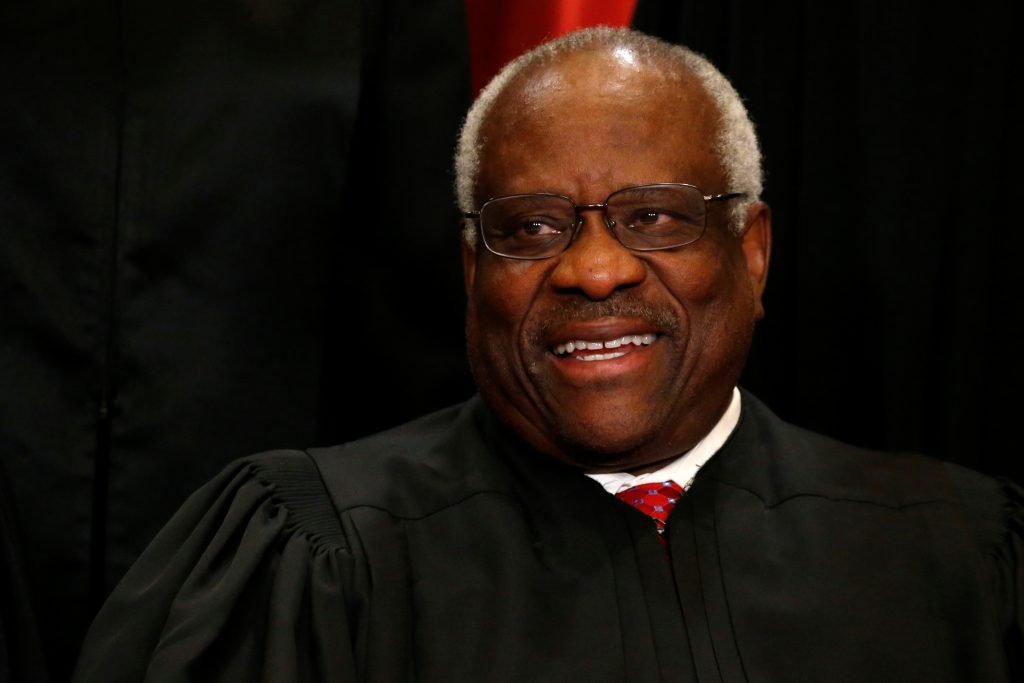
In late October, the Supreme Court quietly declined to review Lipschultz v. Charter Advanced Services, an Eighth Circuit decision that preempted state regulation of fixed Voice-over-Internet-Protocol (VoIP) service. While concurring in the denial of certiorari, Justice Thomas wrote separately to challenge the underlying theory of federal preemption, noting that “it is doubtful whether a federal policy — let alone a policy of nonregulation — is” sufficient to establish conflict preemption.

Justice Thomas’s concurrence, joined by Justice Gorsuch, raises some interesting questions about the Federal Communications Commission’s (FCC) regulation of information services. Other than recent net neutrality efforts, states have generally avoided regulating information services precisely because of the agency’s two-decade-long policy of nonregulation. Justice Thomas has challenged this dynamic — but importantly, his specific objection does not apply to the conflict preemption argument at issue in the state net neutrality cases. In a recent article for the Free State Foundation, I discussed why:
[W]hen one looks further, it’s clear that Thomas’s primary objection is not a telecommunications law issue, but rather an administrative law one. Thomas noted that because agency policies do not themselves determine rights or responsibilities, they are not “final agency action” sufficient to support a conflict preemption claim. While he is correct about the federal policy of nonregulation, this objection does not preclude the FCC from arguing that laws like California’s net neutrality law conflict with the Restoring Internet Freedom (RIF) Order, which is final agency action… Unlike the policy of nonregulation of information services, the RIF Order was enacted pursuant to notice and comment procedures. It is a final order representing the consummation of the agency’s decisionmaking process regarding the proper regulation of broadband network management practices and carries the force and effect of law. As a result, it constitutes a “Law[] of the United States” sufficient to preempt contradictory state laws under the Supremacy Clause.
Elsewhere
in the opinion, Justice Thomas discusses implied preemption in a way that
suggests he would also be skeptical about the FCC’s most likely theory of
conflict preemption in the net neutrality cases:
Even if a federal policy does constitute final agency action, [Thomas] writes, the Supremacy Clause “requires that pre-emptive effect be given only to those federal standards and policies that are set forth in, or necessarily follow from, the statutory text that was produced through the constitutionally required bicameralism and presentment procedures.” He goes on to assert that “[g]iving pre-emptive effect to a federal agency policy of nonregulation thus expands the power of both the Executive and the Judiciary” by “authorizing the Executive to make ‘Law’ by declining to act” and “authorizing the courts to conduct a freewheeling judicial inquiry into the facts of federal nonregulation.”
Taken at face value, the idea that a state cannot preempt by “declining to act” could call the FCC’s likely conflict preemption argument into question. The FCC will likely argue that the RIF Order acts as both a floor and a ceiling for regulation of broadband network management practices…Thomas hints that the agency cannot rely on its refusal to go further as a way to preempt states that disagree. For Thomas, it may be that the RIF Order establishes merely a federal regulatory floor that states are permitted to exceed.
But
I argued that this skepticism is neither surprising nor necessarily threatening
to the FCC’s case, as this portion of the opinion reflects Thomas’s own views (and
perhaps that of Justice Gorsuch) but is not anchored in the Court’s precedent:
Unlike with respect to the preemption-by-policy discussion, the sources Justice Thomas cites for his narrow view of preemption are a pair of his own opinions concurring in the judgment, neither of which commanded a majority of the Justices – or indeed, a single Justice other than himself. Thomas’s potential concerns here likely reflect a unique belief about the narrowness of conflict preemption that does not appear to be shared by a majority of his colleagues.
You can read the full article with supporting citations here.
The post Justice Thomas, preemption, and state net neutrality appeared first on American Enterprise Institute – AEI.
